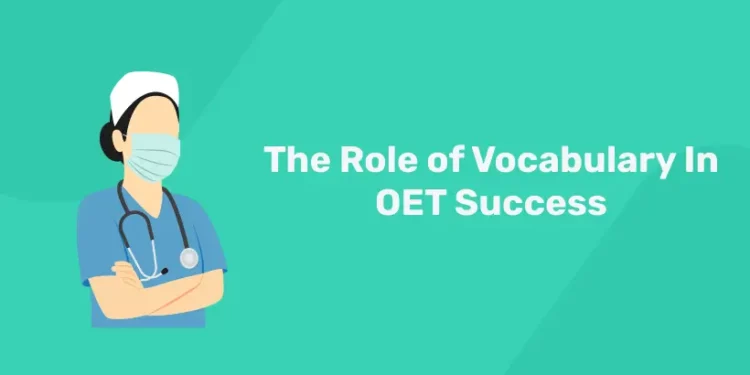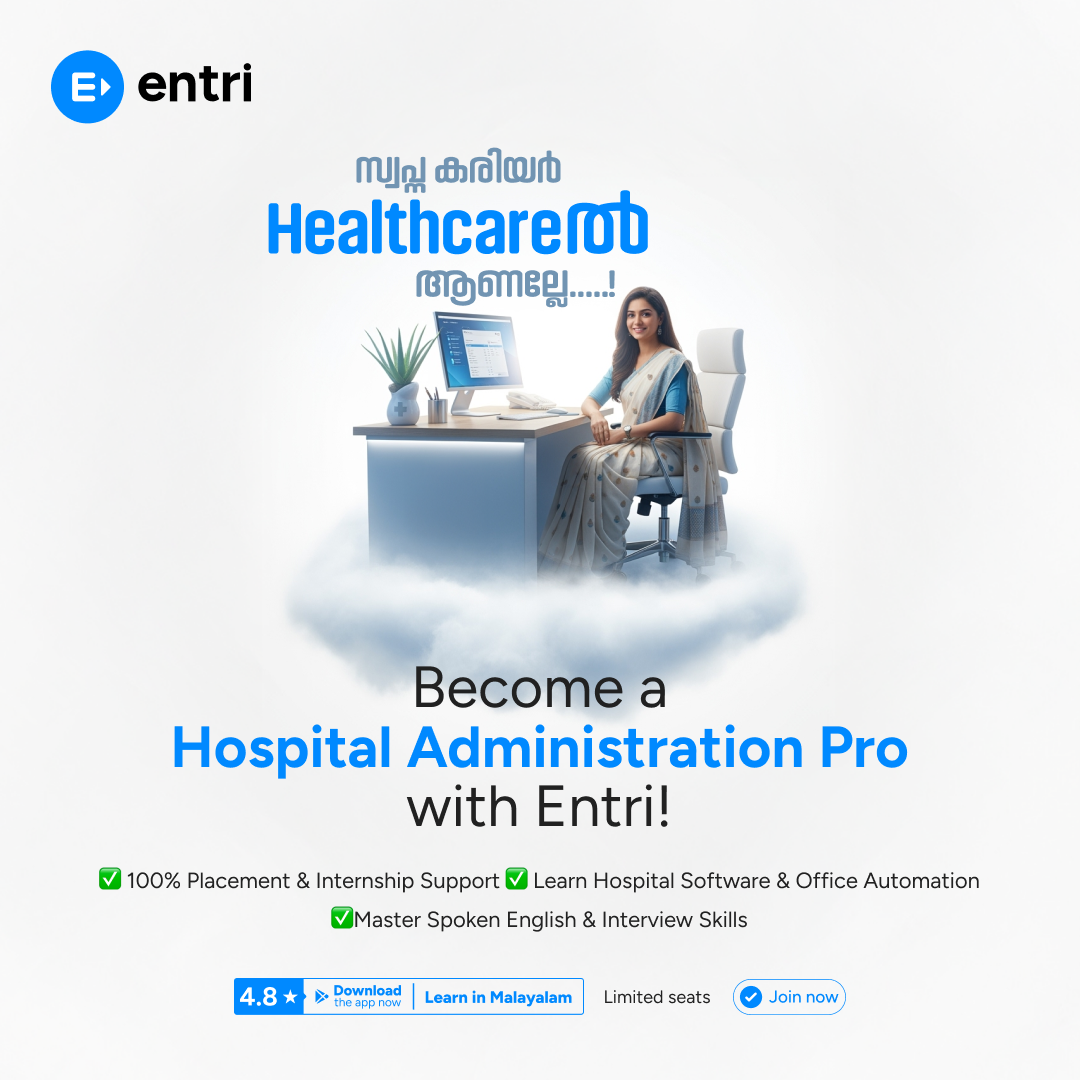Table of Contents
If healthcare workers want to do well on the Occupational English Test (OET), they must become proficient in vocabulary management. Selecting the appropriate words affects the overall efficacy of your writing by facilitating clear communication and displaying a sophisticated comprehension of healthcare scenarios. In this article, we are providing role of vocabulary in OET success and some tips to improve your vocabulary for OET suceesss.
Get your Desired OET Scores in Weeks! Get a Free Demo Class Here!
OET Reading Tips – Basics
The OET reading test is difficult and necessitates a broad vocabulary. A range of materials, including research papers, clinical guidelines, and patient reports, are included in the test. Specialized medical terminology that is unknown to non-native speakers is frequently used in these writings.
Importance Of Learning New Vocabulary
1: What is the primary purpose of a patient’s discharge summary?
It is imperative that you increase your vocabulary for numerous reasons! There are several advantages to increasing your vocabulary. Exams benefit from it as it improves your comprehension of what you read. Gaining confidence in English through writing, grammar, and communication is all aided by expanding your vocabulary.
Get more vocabulary for the OET reading test by using books, apps, and internet resources. Read, watch documentaries, or converse with native speakers to get comfortable using new words. Gaining more knowledge is essential for success, yet it can be difficult.
Crack OET & Boost Your Healthcare Career!
OET Coaching by Entri App: Get expert guidance, practice with real exam scenarios, and achieve your target score to advance your healthcare career.
Join Now!How To Learn New Vocabulary
Overview
Increasing your vocabulary is crucial to doing well on the OET Reading section. Increasing your vocabulary will help you understand texts better, interpret them correctly, and respond to inquiries more skillfully. We’ll go over an interesting and fun method in this blog post to help you master OET Reading by teaching you new vocabulary in manageable steps.
Classify the Words
Sort the words you come across in your OET Reading exercise into categories before starting your vocabulary-expansion adventure. Sort them according to themes or subjects, such as medical terminology, ailments of patients, methods of treatment, or healthcare systems. Your vocabulary list will become a useful tool that is interesting and easy to use if you organize it.
List Your Vocabulary
Choose six to eight terms that really speak to you and spark your curiosity from each area. Select terms that pique your interest, encourage learning, and support your career goals. Try to include a healthy balance of terms that are both general and domain-specific and that pique your interest. Making a customized vocabulary list will add interest and direction to your educational experience.
Set the Words First
Use prioritization to your advantage once you have your vocabulary list. Determine each word’s priority level in the OET Reading section by considering its importance and frequency. Find the terms that appear frequently in reading materials and are essential to understanding the texts in question. You can ensure a dynamic and interesting learning experience by prioritizing your words to help you concentrate your efforts on the most valuable pearls.
Work on Using New Words
Recall that mastering new words involves more than just memorizing them; it also entails actively using them to maximize their potential. Accept the power of application by introducing new terms into your daily correspondence, writing assignments, and OET Reading drills. Talk to others, include them into your writing, and see how your language abilities improve.
Make use of diverse resources
A variety of materials should be used to study for the OET Reading test because it covers a wide range of topics. Using third-party resources like textbooks, websites, and apps in addition to official OET materials is part of this.
Find a study partner
It can be really advantageous to collaborate with your peers! In addition to helping you stay focused and motivated, it can improve your comprehension and make it simpler for you to answer questions.
Get your Desired OET Scores in Weeks! Get a Free Demo Class Here!
Role Of Vocabulary In OET
Healthcare practitioners are the target audience for the Occupational English Test (OET), an English language competence assessment. In order to register and practice in an English-speaking setting, healthcare workers must pass the OET. For multiple reasons, having a strong vocabulary is essential to succeeding in the OET.
Recognizing Terminology in Medicine
Healthcare workers need to understand medical jargon and terminology. Tasks on the OET call for the understanding and application of specific terminology related to the medical industry. Candidates can more accurately comprehend case notes, patient histories, and other medical papers if they are familiar with specialized medical terminology.
Understanding Through Reading and Hearing
Candidates must comprehend spoken exchanges in a hospital context during the listening portion of the exam. Understanding the context and specifics of talks or lectures is made easier by having a working knowledge of pertinent terminology.
Self-assurance and Fluency
Candidates can write and talk more easily and with less reluctance throughout an exam if they have a large vocabulary. Vocabulary knowledge lowers test anxiety and increases confidence since it better prepares candidates for the various areas of the test.
Proficiency in Speaking and Writing
Candidates must be able to write referral letters, case notes, and patient discharge summaries. The use of appropriate vocabulary aids in the accurate and succinct transmission of information. Communicating with patients and colleagues in role-plays and other speaking assignments requires the use of acceptable medical vocabulary and idioms.
Effective Interaction
In healthcare settings, where misinterpretation can have dire consequences, it is crucial to guarantee exact and clear communication by utilizing appropriate vocabulary. It demonstrates knowledge and professionalism when formal language and medical terminology are utilized appropriately.
Tips To Improve Vocabulary For OET Success
- Understanding and learning medical terminology can be facilitated by regular reading of textbooks, articles, and journals.
- To learn and refresh medical terms and their definitions, use flashcards.
- Taking practice exams will help you become accustomed to the vocabulary that is used in the OET.
- Using medical dictionaries to obtain precise definitions and explanations of medical terminology.
- Conversing in the same language as mentors or peers who are getting ready for the OET.
Entri’s OET Preparation Course
Entri’s OET Preparation Program is meticulously designed to equip you with the necessary knowledge, skills, and confidence to excel in the OET exam. With the help of our extensive online course, you will gain the language proficiency and test-taking techniques required to succeed on the OET. You’ll receive top-notch teaching because the online course materials were produced by seasoned OET instructors and trainers. You can ask questions and receive prompt feedback from your trainer with our online coaching.
Entri’s OET Course is structured into 5 parts for easy comprehension of the curriculum and classes. It includes:
- Special Separate Sessions for LSRW
- Interactive Sessions for Practical Experience
- Assessment & Progress Tracking
- Mock Tests & Practice Materials
- Practice Real Life Scenarios
Apart from these, you get doubt clearing sessions, live and recorded classes and 24*7 AI powered spoken English assistance.
Get your Desired OET Scores in Weeks! Get a Free Demo Class Here!
Crack OET & Boost Your Healthcare Career!
OET Coaching by Entri App: Get expert guidance, practice with real exam scenarios, and achieve your target score to advance your healthcare career.
Join Now!CONCLUSION
Healthcare practitioners need to have a strong vocabulary in order to perform well on the Occupational English Test (OET). It improves speaking, listening, reading, writing, and understanding as well as accuracy and fluency. With the use of dictionaries, flashcards, practice exams, medical literature, and language exchanges, candidates can increase their vocabulary.
| Related Links | |
| Tips and Tricks to Crack the OET Exam in the First Attempt | OET Speaking – Complete Guide |
| OET Speaking Preparation Tips | OET Reading – Complete Guide |
| OET vs IELTS | OET Exam Pattern |
Crack OET & Boost Your Healthcare Career!
OET Coaching by Entri App: Get expert guidance, practice with real exam scenarios, and achieve your target score to advance your healthcare career.
Join Now!Frequently Asked Questions
Why is vocabulary important for the OET?
Understanding and correctly answering the hearing, reading, writing, and speaking test components require a strong vocabulary. Having a large vocabulary makes it easier to understand medical books, communicate well in a medical setting, and do well on all test portions.
Can poor vocabulary affect my OET score?
Indeed, a poor vocabulary can cause misconceptions, erroneous answers, and a lack of clarity in your writing, all of which can lower your score.
How much time should I dedicate to vocabulary building?
Although this varies from person to person, it can be helpful to set aside at least 30 to an hour each day for vocabulary practice. Studying steadily and deliberately over time yields better results than cramming.
Is it necessary to learn both general English and medical-specific vocabulary?
Yes, it is required to have both general English ability and medical-specific terminology. Even though the OET is primarily focused on medical settings, general English proficiency is evaluated as well, particularly in the reading and listening portions.










